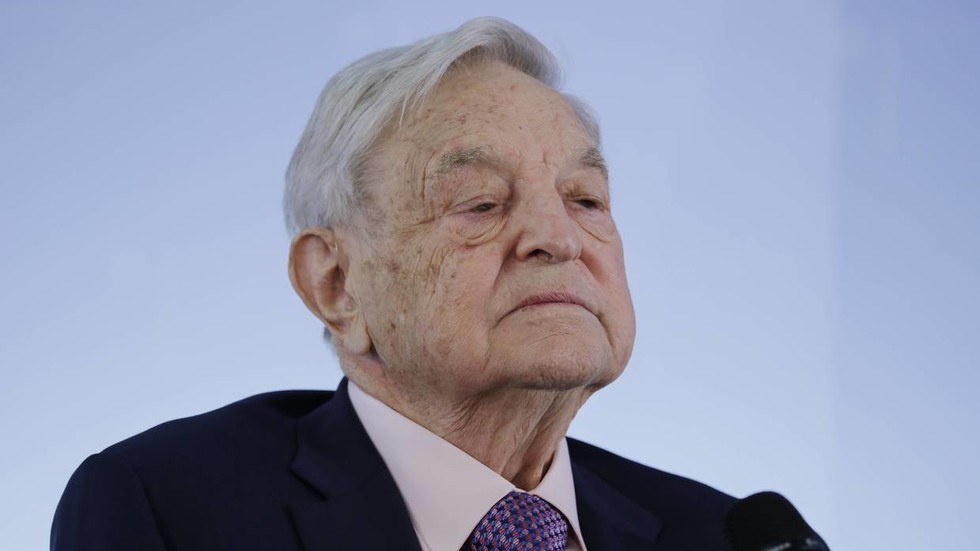Credibility of European Court of Human Rights lies in ruins after judges’ links to Soros revealed
from RT:
 A study by the European Center for Law and Justice in Strasbourg has revealed several conflicts of interest between judges at the European Court of Human Rights and NGOs funded by George Soros.
A study by the European Center for Law and Justice in Strasbourg has revealed several conflicts of interest between judges at the European Court of Human Rights and NGOs funded by George Soros.
The European Center for Law and Justice is an NGO which often appears at the court to campaign on social, family and religion-related issues. I am proud to be listed as a research fellow at the ECHR but in reality I have written only one article for the center’s website and I receive no salary from it. I had no role in writing the report.
The study has found that, out of the 100 judges who have served on the bench of the European Court of Human Rights in the period 2009-2019, nearly a quarter (22) have strong links to George Soros’ Open Society Foundation or to NGOs like Amnesty International and others which are funded by it. Human Rights Watch, for instance, has received $100 million from the Open Society Foundation since 2010.
Some of the NGOs receive so much of their budget from Soros that they are in effect wholly owned subsidiaries of his foundation.
The links between the judges and the NGOs are substantial. They include working for years as members of the board of directors or executive council of these NGOs; having teaching posts at institutes funded by them; being a salaried director of programs for the Open Society Foundation or associated NGOs; and undertaking other forms of paid work for them. The full list of these links can be found on pages seven and eight of the report.
A good example is that of the Bulgarian Yonko Grozev who, as leader of the Open Society Justice Initiative, defended the Pussy Riot case against Russia in 2018 before being elected as a judge of the court shortly thereafter.
The study does not include less formal forms of collaboration with NGOs, such as occasional work for them (see note 15 of the report). This means that the links are even greater than those specifically addressed in the study.
The report also covers other human rights officers, such as the commissioner for human rights at the Council of Europe from 2012-2018 (Nils Muiznieks), who does not sit as a judge but who was for years a salaried activist of the Open Society Foundation in Latvia and who has used his official position to campaign against the so-called “anti-Soros” legislation in Hungary.
These NGOs are extremely active at the ECHR. The Helsinki Foundation for Human Rights in Poland filed 16 applications, and defended 32 cases, in 2017 alone. Very often the role played by the NGOs does not appear in the court’s records but has to be discovered from the NGOs’ own reports instead. For instance, a case can be defended by lawyers from one NGO with pleas heard from other NGOs as third parties, even though the other organizations are in fact financed by the same source as the applicant, usually Soros.
There would not be anything wrong with judges having exercised a salaried activity for an NGO prior to becoming a judge if these same organizations were not themselves active as parties who bring cases to the ECHR, either as applicants themselves, as lawyers for applicants, or as third parties giving supposedly expert evidence (but in reality lobbying for a cause), and if those judges did not then hear those cases.
Loading...



